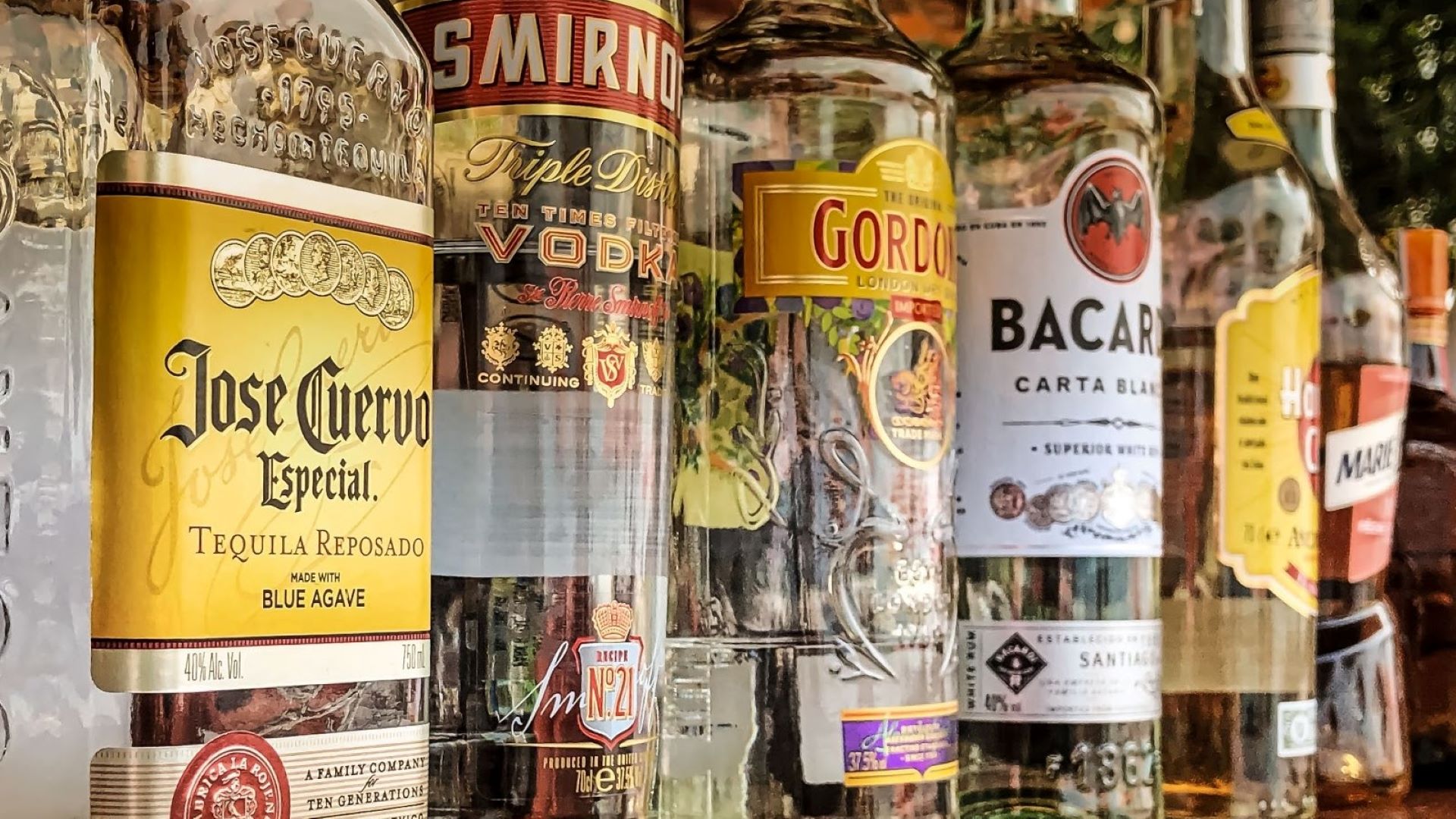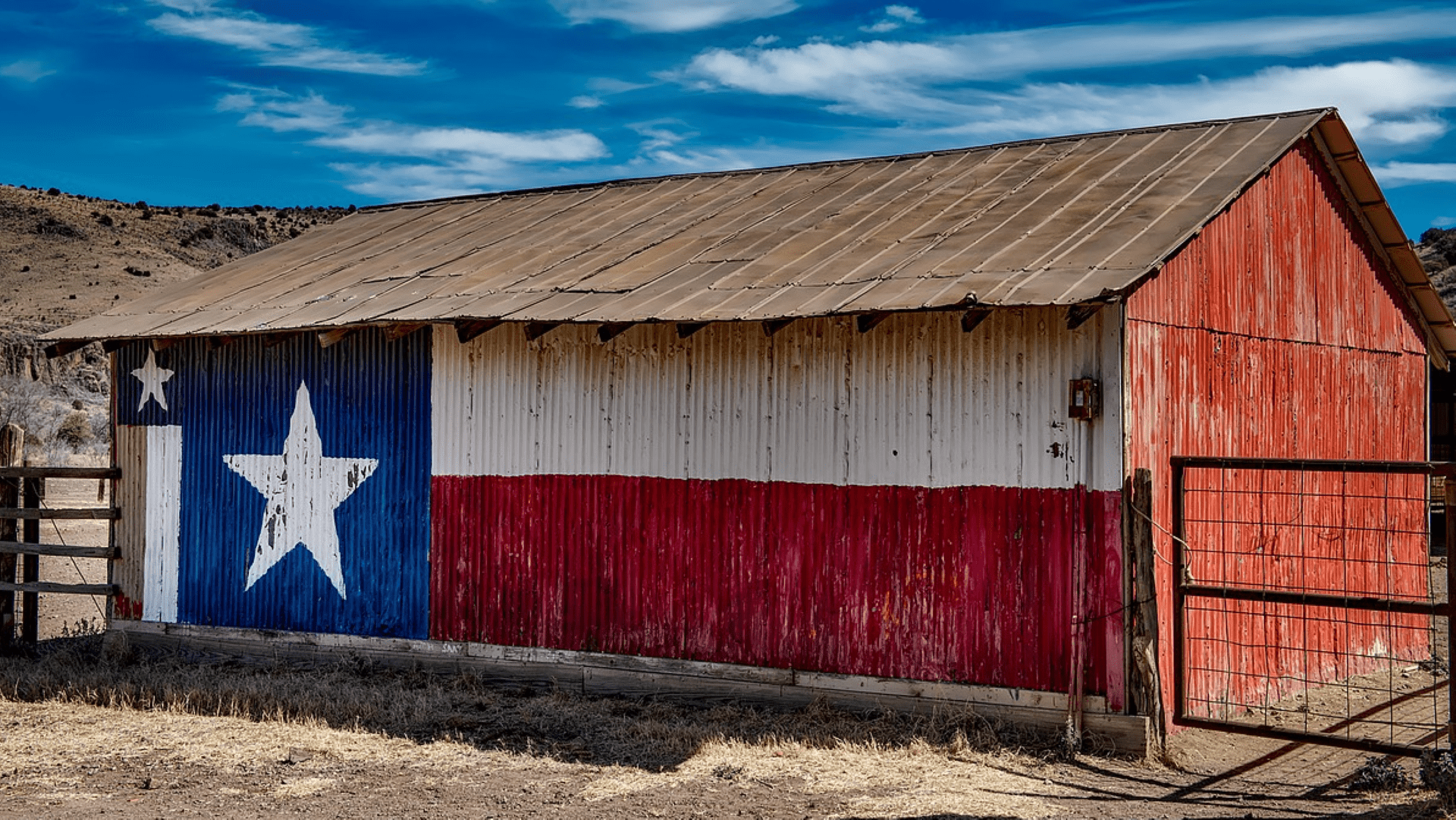Alcohol laws are some of the most headache-inducing rules on the planet. In 2019, AL.com ran an article about Sunday alcohol sales in Alabama, that noted how you can buy alcohol in some places on Sundays. The catch is it’s only, say, for on-premises consumption, or only if you’re a restaurant or a hotel, or only for off-premises consumption, or only if it’s beer or wine, or only…you get the idea. Moreover, if you’re buying alcohol in Alabama, you have to do it through the state’s official regulatory body.
What explains this crazy-quilt of nonsensical rules? And why on earth would the liquor interests themselves support them? Wouldn’t they want to stay open on Sundays in order to sell more booze?
Liquor stores have an incentive to restrict when they sell
Bruce Yandle (a Methodist and an economist) proposed what has come to be known as the “Bootleggers and Baptists” theory of regulation. Regulations end up being supported by a coalition of two interests: the “Baptists,” who want alcohol outlawed, and the “Bootleggers,” who are able to increase their profits because laws that shutter liquor stores reduce their competition.
Imagine a town with two liquor stores trying to decide whether to stay open on Sundays. They face the following payoffs in a game that is widely known as a “prisoner’s dilemma.”

They would both prefer to be closed on Sunday as they would be able to reduce their output and sell at higher prices, but notice their incentives: If Bob knows Rob is going to stay closed, he has an incentive to open and increase his profit from 10 to 11 as he will have a monopoly on Sunday sales. If he knows Rob is going to open on Sunday, he has an incentive to open himself because he would rather have a profit of 9 than a profit of 8.
Rob follows similar logic. They both have an overwhelming incentive to open on Sunday even though they would both be more profitable if they were both closed. Hence, they have a strong incentive to link arms with those who disapprove of any alcohol sales (metaphorically and independently, though perhaps covertly).
Sunday closures hurt the most people
Notice we’re not including consumers in the analysis of the firms’ strategies: they’re the big winners from competition (for their Sunday alcohol business, for example) and the big losers from restriction (for their Sunday alcohol purchases, for example). Perversely, innocent bystanders can be victims as well, as drivers go across county or state lines for alcohol.
Whether there are net increases or decreases in injuries is an empirical question, but the unintended consequences of restrictions on alcohol sales can’t be ignored—just as they can’t be ignored when we’re talking about laws against other drugs, prostitution, fireworks, ultimate fighting, gambling, dancing, providing services of different kinds without the right licenses and permissions, indoor nudity, silly string, feeding the homeless, karaoke, saggy pants, you name it.
The next time you see an incoherent hash of rules, regulations, carve-outs, mandates, incentives, disincentives, and such governing an industry or industries, look for two groups: a group that wants regulation for moral reasons, and a group in that industry that stands (perhaps not so obviously) to get rich from it.
To read more about the Drug War, be sure to check out our cluster page by clicking on the button below.
This article was originally published on the Learn Liberty blog.
This piece solely expresses the opinion of the author and not necessarily the organization as a whole. Students For Liberty is committed to facilitating a broad dialogue for liberty, representing a variety of opinions.









